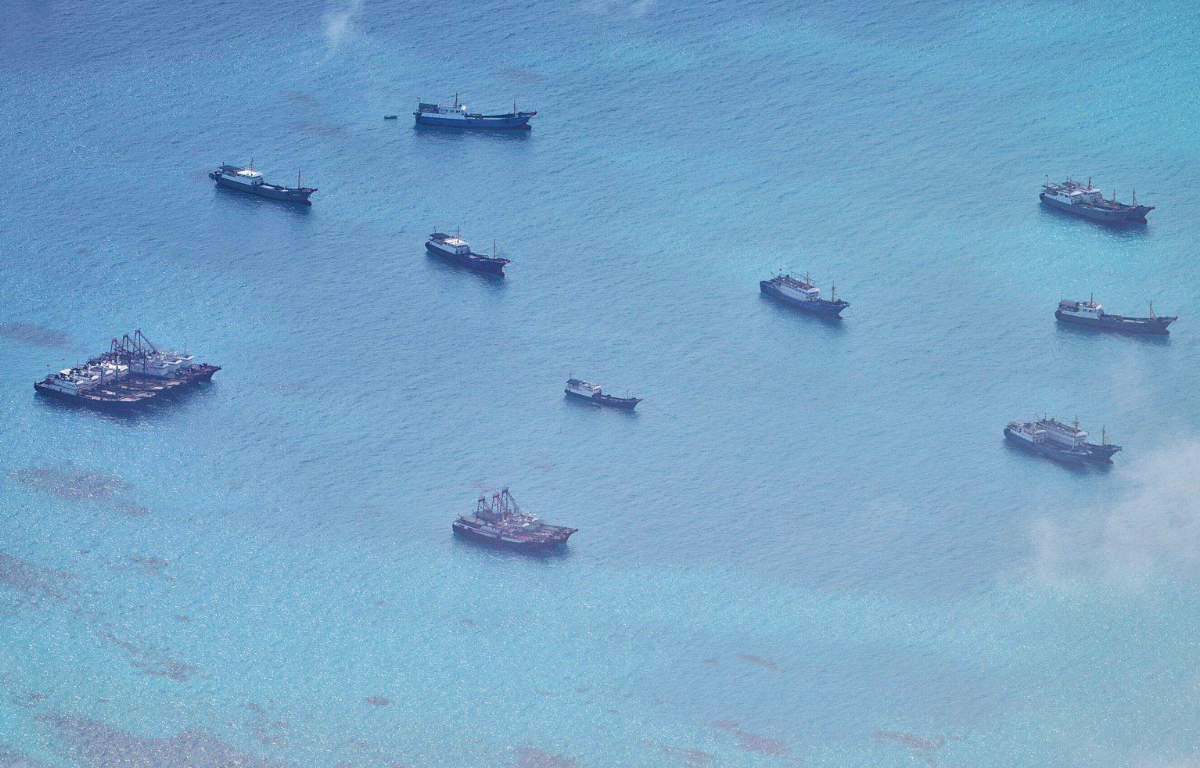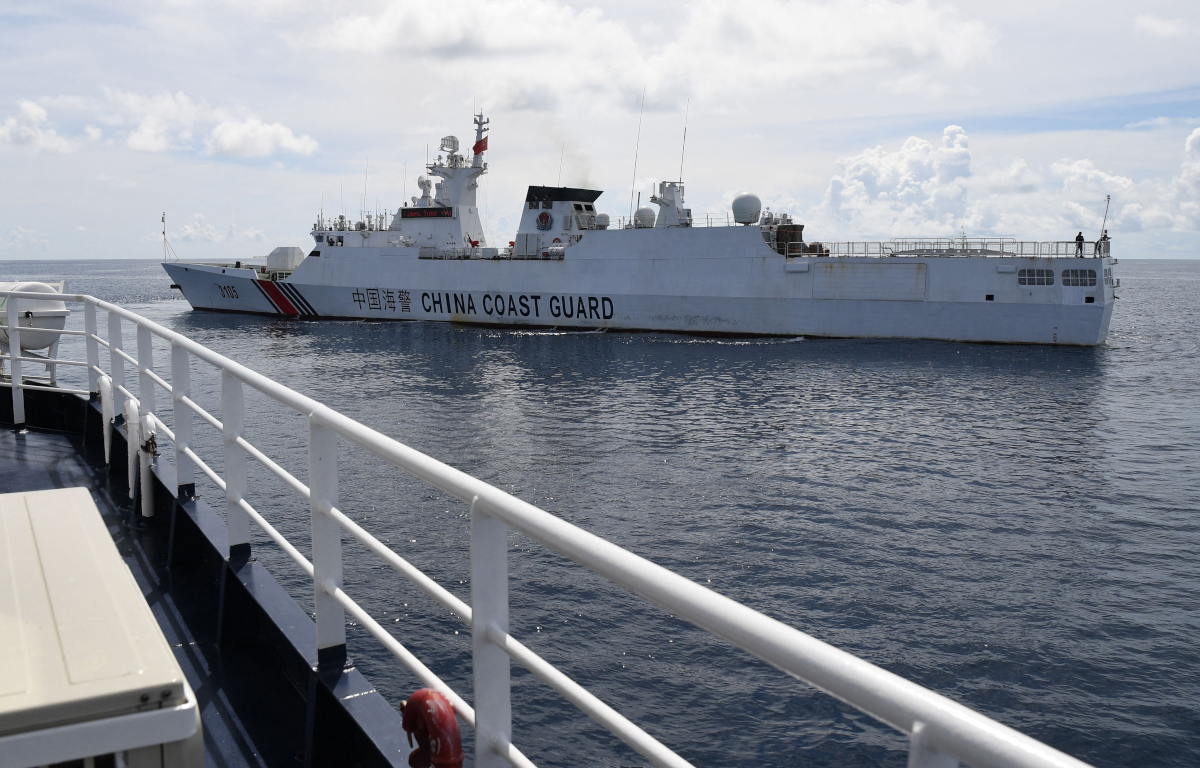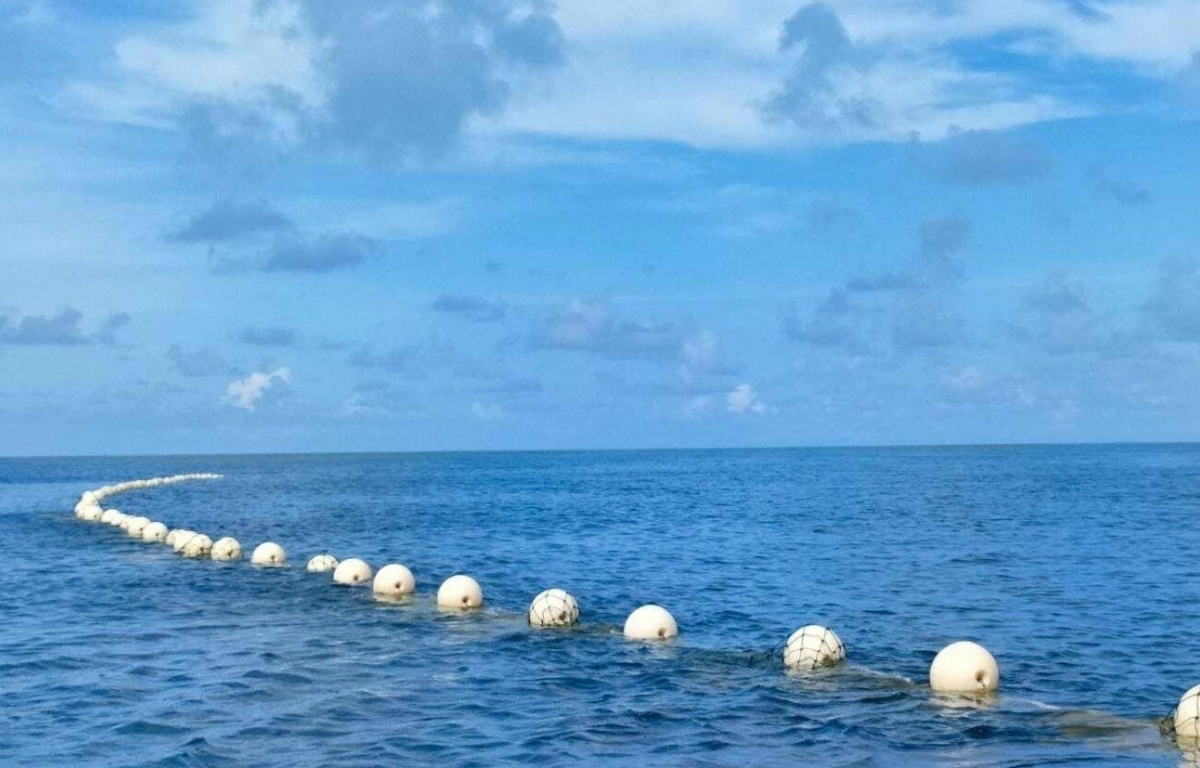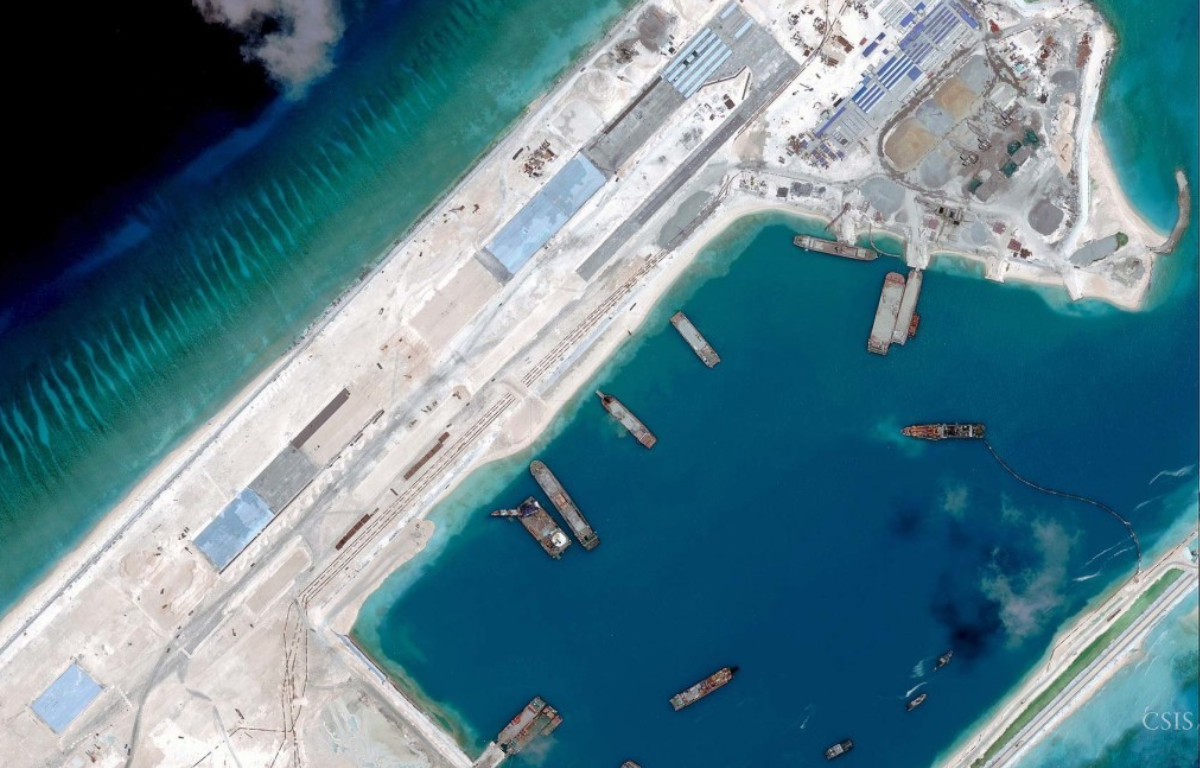
The South China Sea is a strategically vital waterway in Southeast Asia, through which a significant portion of the world’s trade passes. It is also rich in natural resources, including oil and gas reserves, making it a region of immense economic and geopolitical importance.
Several nations, including China, the Philippines, Vietnam, Malaysia, Brunei, and Taiwan, have competing territorial claims in the South China Sea. China, in particular, has asserted its sovereignty over nearly the entire sea, marked by its controversial Nine-Dash Line.
One of the flashpoints in the South China Sea dispute is the Scarborough Shoal, known as Huangyan Island in China and Panatag Shoal in the Philippines. This small land feature, consisting of rocks and reefs, is situated approximately 120 nautical miles west of the Philippines. The shoal is coveted not for its land but for its strategic location and rich fishing grounds.
The dispute over Scarborough Shoal dates back several years, with both China and the Philippines asserting sovereignty. In 2012, the tension escalated when China took control of the shoal after a standoff with the Philippine Navy.
In recent developments, China has issued a stern warning to the Philippines over its actions around the Scarborough Shoal. The warning comes after the Philippines lodged diplomatic protests against China’s alleged illegal activities in the South China Sea.
China has accused the Philippines of “illegally” occupying a disputed shoal in the South China Sea and warned Manila to halt any construction on the shoal. Beijing has claimed that the Philippines’ actions threaten peace and stability in the region.
The Philippines, in response to China’s warning, has reiterated its stance that it does not recognize China’s claims to the Scarborough Shoal. Manila argues that it has the right to conduct activities within its exclusive economic zone (EEZ) as recognized under international law, including fishing and exploring for resources.
The Philippines has also called for a peaceful resolution to the dispute through diplomatic means and adherence to international law, particularly the United Nations Convention on the Law of the Sea (UNCLOS).
The dispute over the Scarborough Shoal is not isolated but is part of the broader South China Sea conflict, which has drawn the attention of the international community. The United States, in particular, has been vocal in supporting its allies in the region, including the Philippines, and challenging China’s territorial claims.
The South China Sea dispute is seen as a test of international law, freedom of navigation, and the balance of power in the Asia-Pacific region. It has led to concerns about potential military confrontations and has the potential to impact global trade routes.
The warning issued by China to the Philippines over the Scarborough Shoal dispute underscores the complexity and volatility of the South China Sea issue. As the nations involved continue to assert their claims and engage in diplomatic and military posturing, the situation remains fluid and unpredictable. A peaceful resolution to these disputes, based on international law and dialogue, remains the preferred path forward, though it remains to be seen whether such a resolution can be achieved amid the ongoing tensions in the region. The world watches closely as these nations navigate the troubled waters of the South China Sea.










Share this: